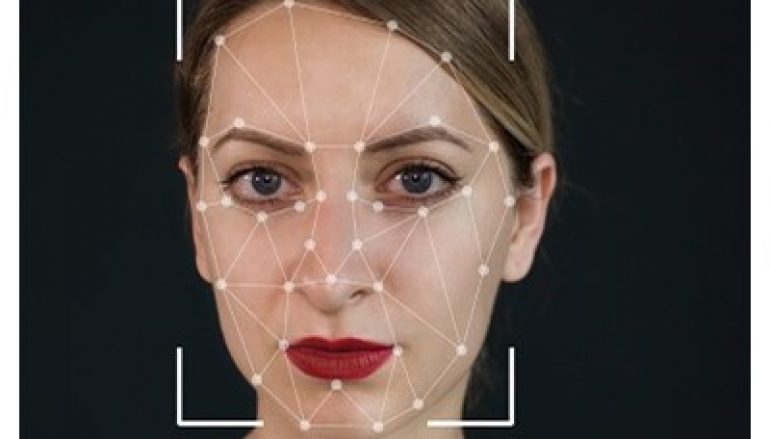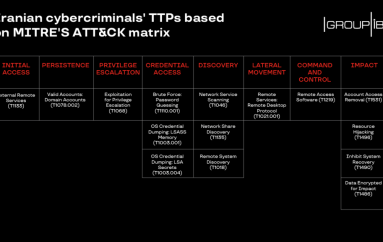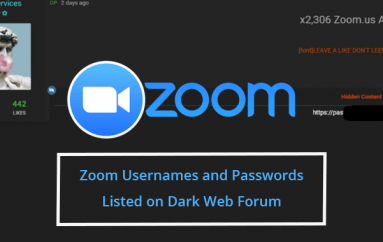
YouTube Issues Deepfake Ban Reminder
YouTube has issued a public reminder that deepfakes related to the 2020 US presidential election are banned from its video service.
The Google-owned company has said that it doesn’t want its platform to be exploited as part of any deliberate attempts to mislead viewers regarding voting procedures or influence their choice of candidate.
A deepfake is altered video content that has been doctored to show something that didn’t actually happen, and the results can be worryingly convincing.
Last year, YouTube became the first major social media platform to remove a deepfake video of Speaker of the United States House of Representatives Nancy Pelosi. The clip had been slowed down to make it appear that Pelosi was slurring her words, causing her to come across as almost drunk enough to start a conga line.
YouTube has also issued a reminder this week that “birther” videos, which cast doubt on the authenticity of a candidate’s birth certificate to imply that they were born outside the United States, are banned.
Neither of these policies is new, but YouTube clarified its rules ahead of the now famously disastrous Iowa caucuses, which took place on Monday. Guidelines regarding this type of content were already in place back in 2016 ahead of the election campaign that saw President Donald Trump take office.
Restrictions have not been imposed on videos in which speech has been selectively clipped to appear out of context, though content of this nature can be as misleading and influential as any deepfake.
Facebook, which faced criticism last year for refusing to remove the unflattering Pelosi deepfake, announced a deepfake ban in January.
Robert Prigge, CEO of Jumio, highlighted the danger posed by deepfake videos and called for a technology-based solution to uncloaking falsified videos.
Prigge commented: “Deepfakes pose a serious threat to the digital economy and the evolution of digital identity because it’s far too easy to use AI to create realistic deepfakes–and they can be weaponized to commit fraud.
“To prevent deepfakes from becoming the next leading attack vector, advanced authentication methods, such as face-based authentication, must be able to detect and stop deepfakes in order to stay ahead of the rapidly evolving fraud curve.”
This post YouTube Issues Deepfake Ban Reminder originally appeared on InfoSecurity Magazine.





